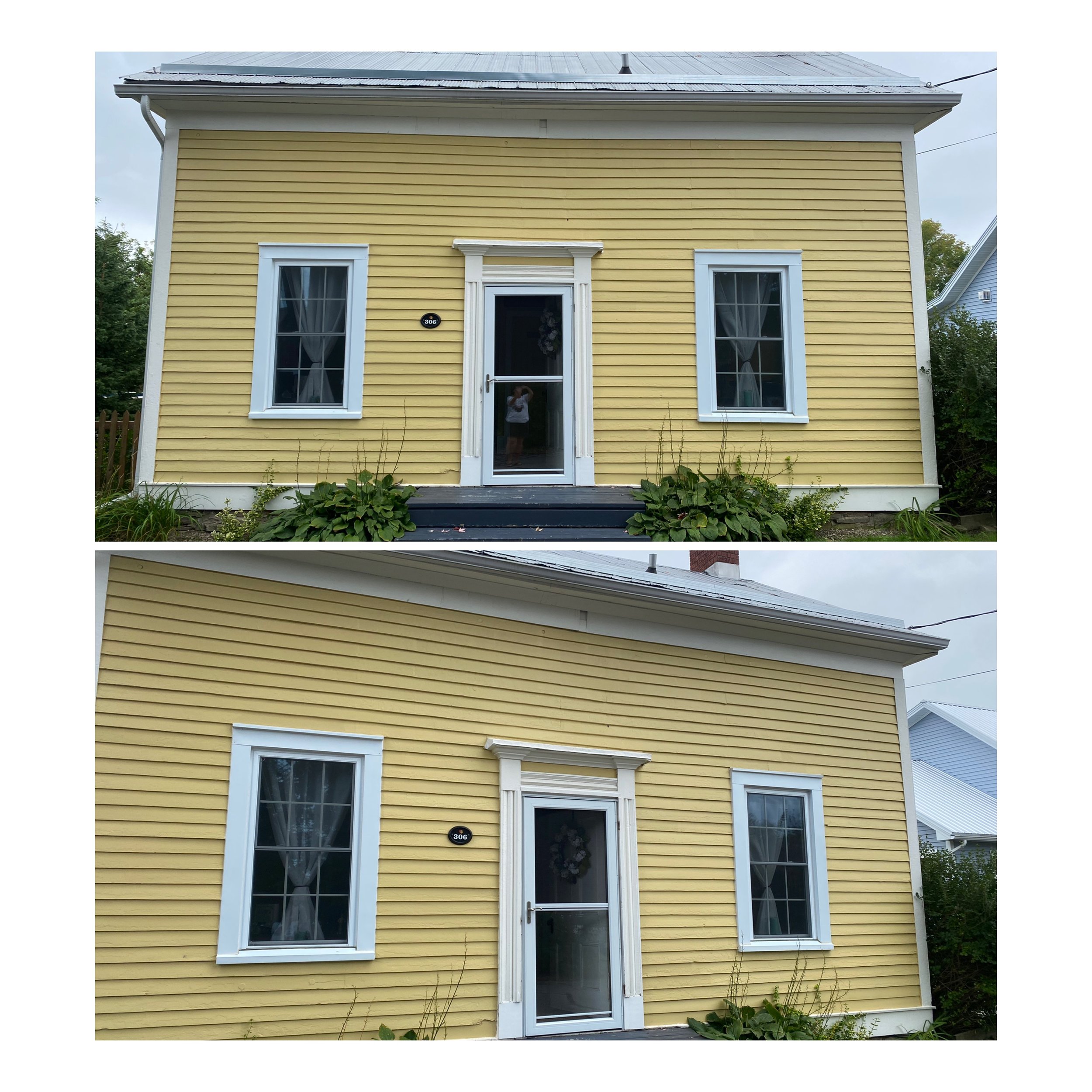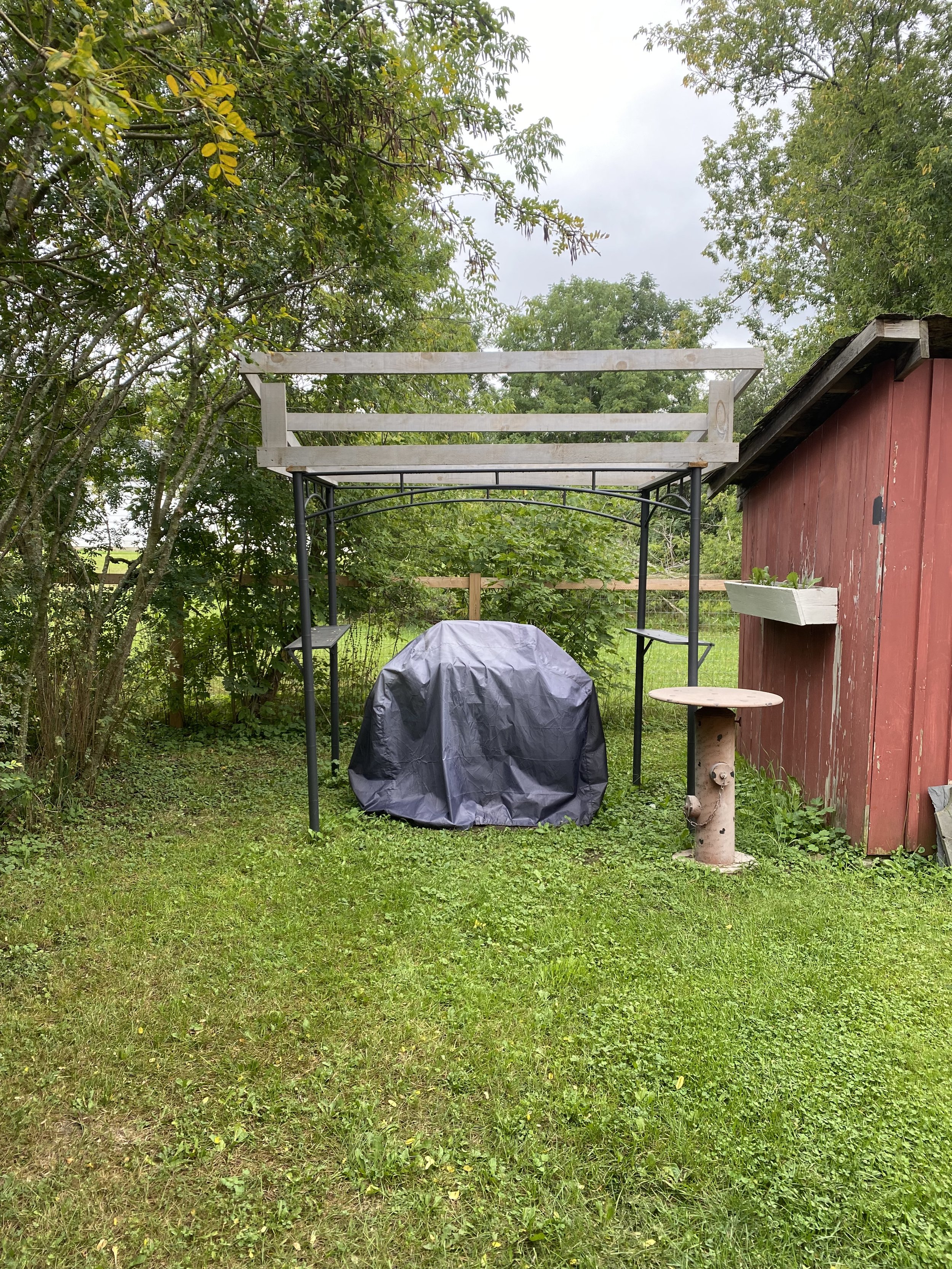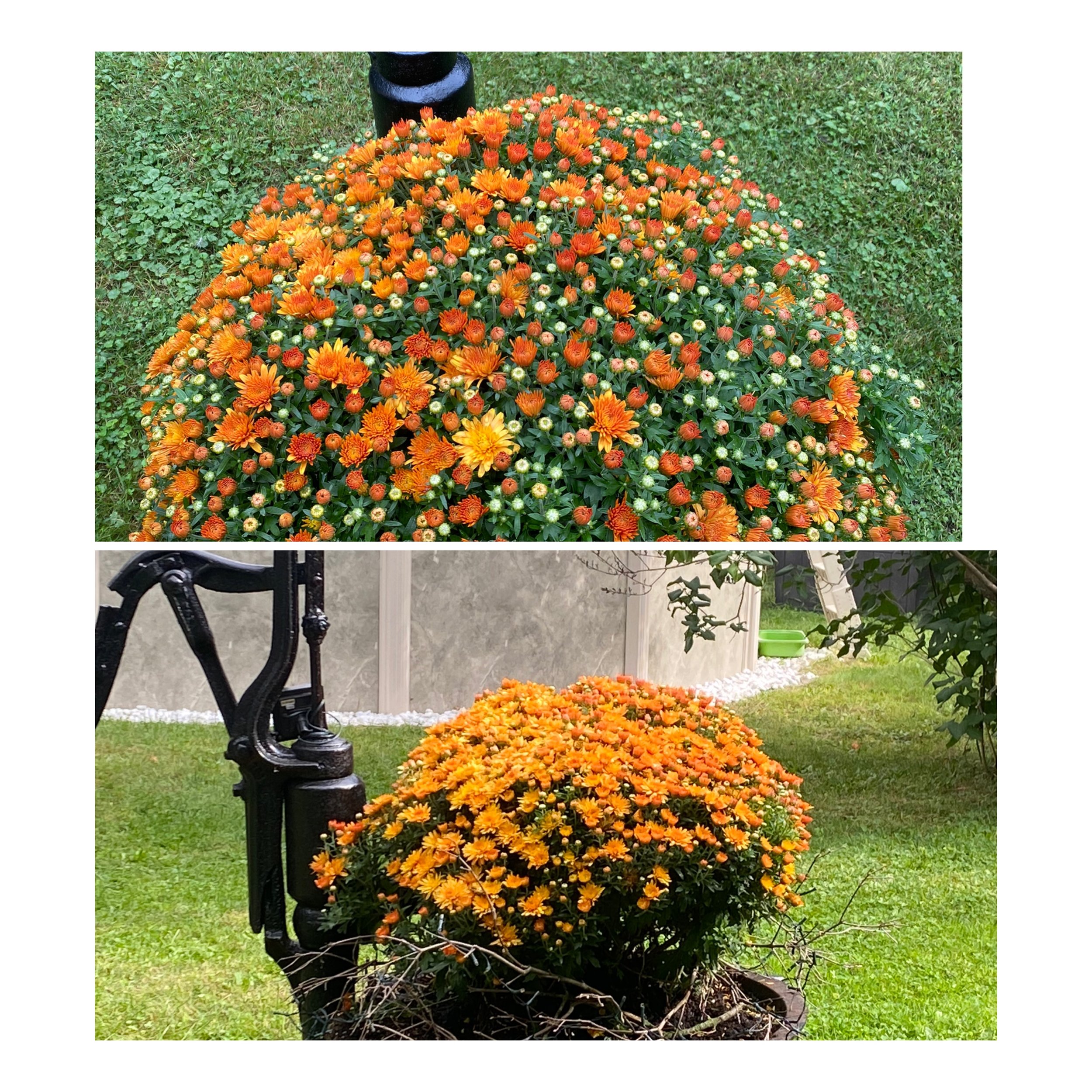Fundamentals…
I’ve been thinking about this a lot and I’m beginning to wonder if it’s “my age showing”. Is every technological advancement a good thing? When we make a technological leap should we be forgetting the basics that got us there? The one that comes readily to mind is “simple math”. Currently we scoff at the idea that we need to know how to do addition, subtraction, multiplication, and division, because we have machines that do it for us. Do we really need to learn how to do them by ourselves? My question is, what happens when the machine fails?
My nephew started college this past week. As I’ve said before, the return to school is my favourite time of year and when it’s combined with a change like high school to college, it makes me even more excited. I gave him a bag of gifts, including a card with pearls of wisdom that were given to me all those years ago when I went off to university. I wrote them in the card. Please note, “wrote”. I didn’t print them. I wrote them in cursive. My nephew could not read them. He was never taught cursive in school. Do we need cursive anymore? Have we completely left notetaking, letter writing behind? I know I still do it daily but maybe I’m one of only a few. I regularly write when sending thank you notes. These are so important to me. My sister and I were raised to sit down and write thank you notes any time we received gifts. In fact, my aunt would mention to my mom if she hadn’t received hers! So, what’s involved in writing? Well, for one thing, a bit of time. It’s not the same as shooting off an email or text. You have to think before you write because otherwise you’re trying to cover up or erase your mistakes, which is much easier done in an electronic world.
A few months ago, we had a cellular-related outage that made phoning, texting, googling on our phones, paying with bank cards, and getting money from our village bank all impossible. In order to get cash, and suddenly you needed it at a lot of stores, people from our village had to drive 15-20 minutes to a bank that would provide. Ours was shut down during the outage. Now, I’m not suggesting we all start hiding our money in our mattresses, but it did give me something to think about. What happens when our digital world is negatively impacted, and we can’t access our own funds?
My mom has mentioned a few times that her children and grandchildren must think she’s stupid. It comes from the way in which she is spoken to, as though she’s never done anything for herself. My mom is anything but stupid. She’s a retired teacher and principal, has two undergrad and one master’s degrees, and is an avid bridge player who continues to engage in active learning. What she admits to struggling with is some of the “gadgets” that our younger generations can’t seem to live without. Having said that, she’s a keen user of her cell, often preferring to text rather than talk. How come her knowledge and experience isn’t valued by her own family? How come we feel the need to talk down to someone who has so much experience and knowledge to share?
What was one of the top activities during the pandemic? Baking bread from scratch. People were posting their pictures and videos all over social media. How to make sourdough starter is still a huge topic. Why did this suddenly become the “thing to do”? Well, we were isolated. We had time on our hands because we weren’t going anywhere. The grocery stores that were open were having supply chain issues. Items that we have taken for granted were no longer readily available. Baking bread from scratch doesn’t seem, to me, like that big of a deal. After all, I had grandmas that made all sorts of things from scratch. It’s not something totally new to me. However, there was something that was different from my childhood experiences. The difference I saw between my grandmother’s generation and the current slate of bakers? My grandmothers would have just made the bread. It wouldn’t have been a big deal, worthy of shouts from the rooftops.
And when it comes to food, we’re discovering just how questionable some of the chemicals we’ve been ingesting are for us and our ecosystems. There is an uptick in a desire for farmers’ markets with fresh from the ground vegetables and organic meats. Yesterday I bought a litre of honey from the farmer who tends the bees. It is gorgeous looking, wonderful tasting, and I know exactly where it came from. The farmer even invited me (and everyone at his booth at the market) to stop by the farm. It’s nearby. There is something to be said for supporting local. Now, don’t get me wrong. I still go to the grocery store but at this time of year when the produce is plentiful and coming out of the ground around me, I see the benefits of making two stops to accommodate both the fresh and the grocery store. I enjoy the resulting fresh meals.
Last Christmas I started cookbooks for my son and daughter-in-law, nieces and nephews. They included recipes and stories from family and friends. I was thrilled last week when my son texted and told me they were making a few of the recipes from the book. Learning to cook from a recipe, buying the ingredients yourself, and putting the meal together with your own hands is a great skill to have. And what happens if you go through a rough patch? A slowdown in work or job loss and you’re trying to cut expenses? Well, you’ve learned something that can help you – truly providing your own sustenance. [And no, I’m not against restaurants or takeout or any of that. I love the treat of going out for dinner!] I believe we need to be more self-sufficient and knowing how to cook is a great example.
One of my worries, as I grow older, is creating an environment completely dependent on technology. I was speaking with a younger colleague recently about how we are losing our base knowledge. If something happens to the technology, and it often does, do we know enough to keep “doing”? His opinion is that our foundational level is always changing, and we shouldn’t worry about a specific baseline. At the time, I could see where he was coming from and thought that maybe I have it wrong. Now it’s a few weeks later and I’m not sure it’s that straightforward. Of course, the baseline will always be changing. We no longer have to dig the foundation of a house by hand but at least I know how to use a shovel. I know how to use basic tools for quick fixes around my house. I know how to use a tape measure and don’t need a digital readout with a fancy gadget. Do enough people know enough to do for themselves? What about other things? What happens if my cell goes down? I no longer have a landline. How would I reach out for help? In cities where people are packed together like sardines, and busy on their own, is there someone to reach out to for help? In my case, I have amazing neighbours, but I bet not everyone does. In a world with increasingly active weather events, maybe I need to spend more time considering what is needed if I lose certain services. Can I survive without electricity? What are the essentials I need to keep living? Do I know enough about what I use so that I can figure it out? In some cases, the answers are no, I don’t need to know. We have experts in our communities who are there to support us and I am happy to have them. I don’t need to know everything, but I think I should know some basics, more than I do now.
Part of learning the base, the fundamentals, the foundations of something is learning the concepts behind it. If we no longer know how to think for ourselves, what good are we going to be in a crisis? A lot of those baseline teachings from when I was in school: math, reading, writing, geography, history, are all essential to critical thought. They taught us what happened before, how our world is constructed, how to think and figure things out with only our brains for tools. I don’t disagree with artificial intelligence. It’s all around us and certainly makes part of our lives easier. What I disagree with is handing over our need to learn. Leaving everything to a machine doesn’t advance us. We become incredibly dependent on something outside of our control. The idea that we can enter a few words into software and let it create the story or email is rather frightening. In my opinion, it loses its strength without the person. Correspondence or storytelling is essential to innovation and creation. We have people in our world who are brilliant thinkers and masterful storytellers. Why would we want them replaced with something artificial?
People in my mom’s generation have a wealth of knowledge and experience. Actually, people in mine do, too. I’m not dismissing the brilliant minds that have come after my generation. Not at all. I am saying that it’s important to not dismiss those who came before. The one thing certain in life is death and I don’t want to say goodbye without learning as much as I can. I think grandparents should be cherished for so many reasons. One of the top ones, is what they have to share with us. Listen to the stories and the lessons that can be learned from their generation. Don’t ignore what they have to say and teach us.
I firmly believe that building up our fundamental knowledge about the world around us is how we go forward. If we have solid foundations in our schools and our homes we can better hold the weight of our world now, and in the future. When we give up the power of knowledge, the power and innovation of science, and critical thinking, we are going to lose far more than we gain with technology. Listen to the people in your lives. Learn from them, share with them.
Consider this the “before” look for my front entrance. Exciting change is coming!
Another “before” image. With thanks to my son for his work on creating a new framework, a change to this area is coming soon!
The top image is how I hoped all of the cauldron would look. The bottom image is the reality of a poor transplanting job. I’ve added some branches around the bottom - next week I’ll share what it looks like at night! It’s a good reminder that sometimes we don’t get it right and we have to find a “I can live with it” solution.
My dinner - almost all fresh from a farm 2kms away. It is full of flavour and pretty healthy!



